In conversation with Ian Harding: actor, author, activist
In my role as journalist for ABILITY Magazine and as advocate for the Ehlers-Danlos community, the German organization Chronisch Cool contacted me and connected me to Ian Harding, better known as Ezra Fitz in Pretty Little Liars. Ian is a popular actor, teen choice award winner, author, and passionate advocate for the lupus community.
I interviewed Ian (or did Ian interview me?), and we talked about his past in Germany, his acting career, his advocacy work for people living with lupus, ableism, his newest film project, and his most kept secrets.
“I didn’t know how to process becoming popular other than by being a little bit more withdrawn in public because it’s a very weird thing if people recognize you, but at the same time, you feel bad for feeling bad about it because you’re so lucky. I think that’s one of the reasons that I – especially at the beginning of my career – threw myself into trying to do something for the Lupus Foundation because the world I was living in felt so ridiculous to me. I would get paid for showing up for a day of work while I would think of my mom, somebody who has a chronic illness but was also a captain in the US Navy. And she didn’t make nearly as much as I did. And I felt like I have to do some good. That’s how I dealt with it. It was just absurd. I cared about different things than the people around me, whose dress wasn’t ready for the premiere, or their BMW was scratched. I thought this was just gross. I needed to do something worthwhile.”
Ian in Part 1 – In conversation with Ian Harding about Germany, his acting career, and his lupus advocacy.
“I had situations happen a couple of times in different contexts where I felt I had to say something, especially because I have been very lucky and privileged in many ways. So if I am in a conversation with a bunch of people that don’t have a chronic illness, and they will lean in at one point and say something like, “Yeah, I don’t think it’s that bad,” I feel like it is my duty, whether I’m talking about people living with chronic illnesses or about misogyny or something similar, to be the person that stands with that community, and not to be the person that exacerbates the problem. And often, I find that if I am the one to correct someone’s language, it gets through.”
Ian in Part 2 – In conversation with Ian Harding about ableism, disability language, future film projects and most kept secrets.
Podcast
https://pod.co/ability-magazine/in-conversation-with-ian-harding

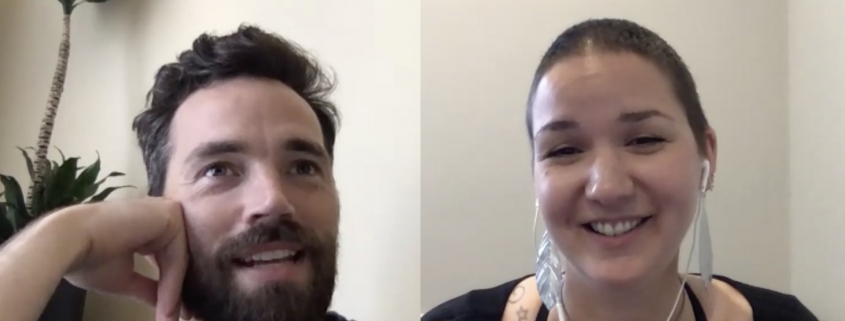


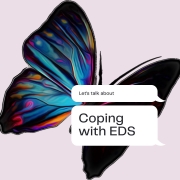
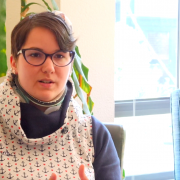


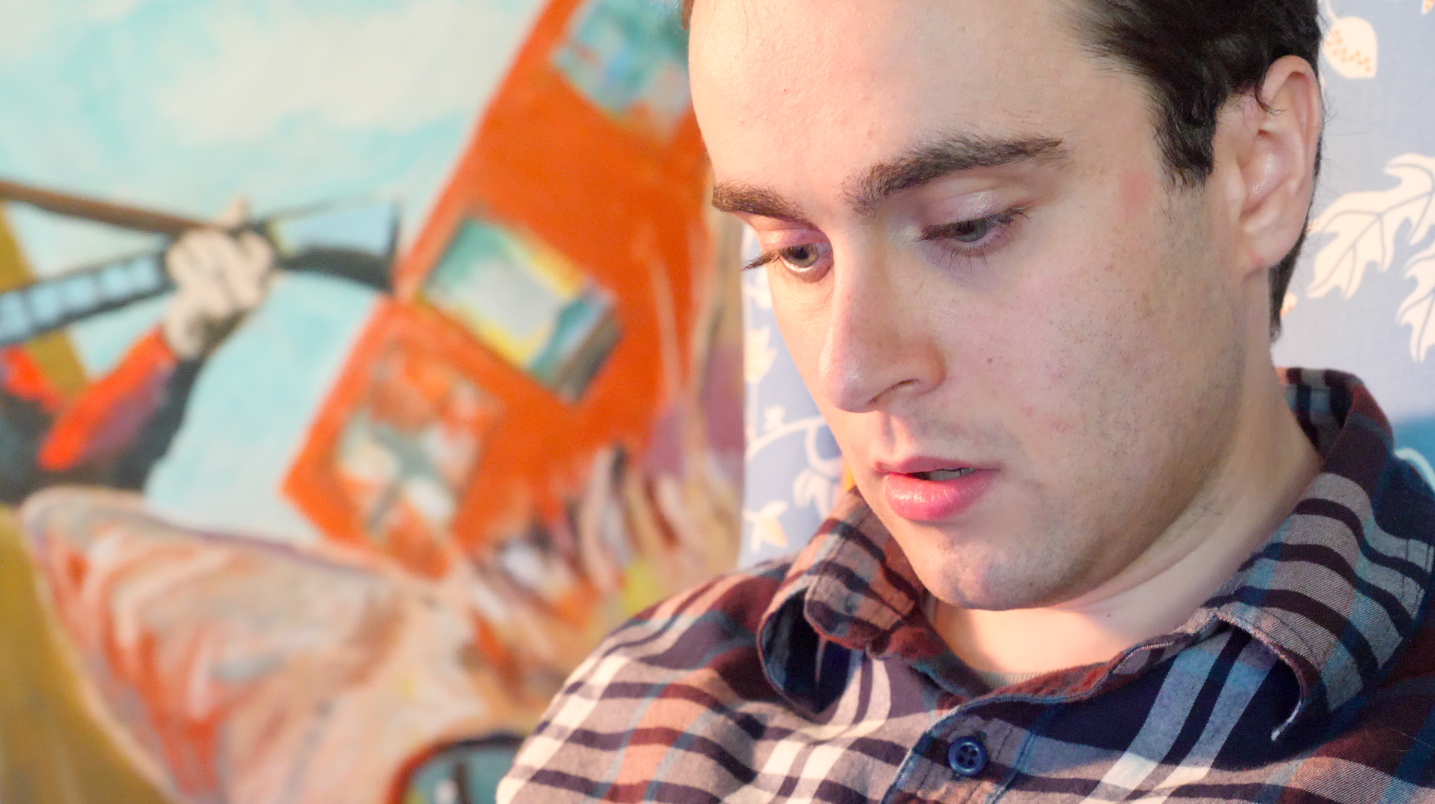
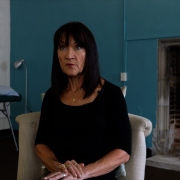
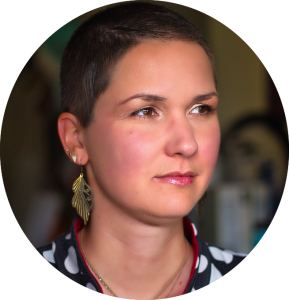


Leave a Reply
Want to join the discussion?Feel free to contribute!